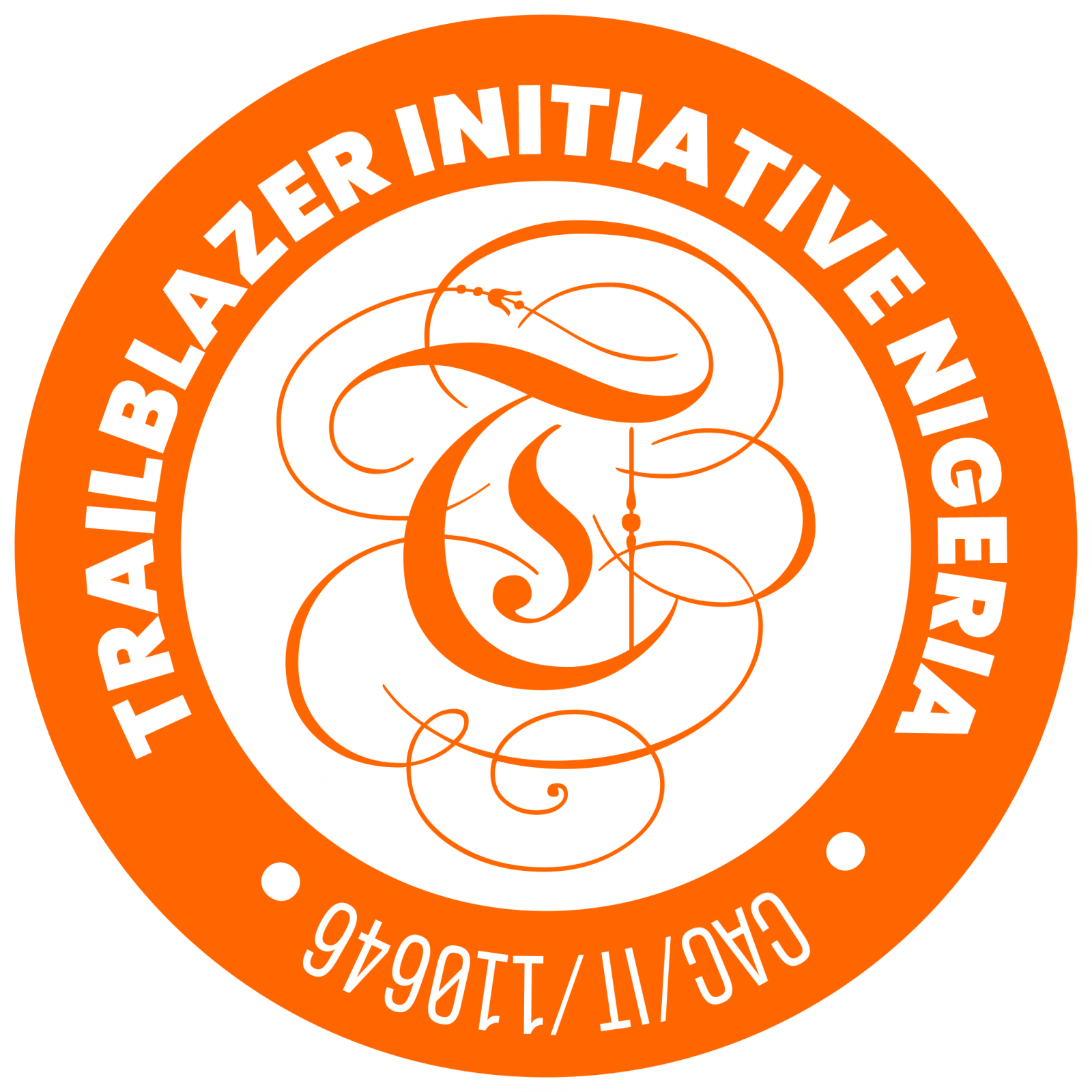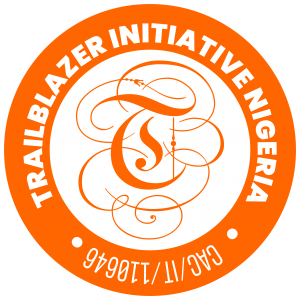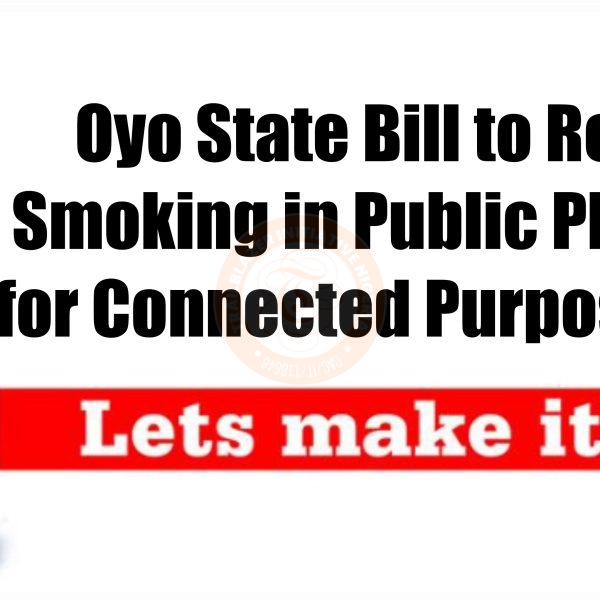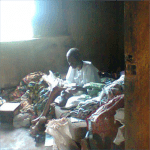Lynn Steinberg:
Three years ago, I conducted my first interview with a young schoolgirl in rural Ethiopia. At the time, I was extraordinarily nervous and unprepared. She was very honored to be talking to me about her educational experience, but in my opinion, I failed miserably. I am not a professional journalist or interviewer by any means.
When the interview started, I sat crouched on a small step beside the young girl who was as nervous as me. A foreigner had never interviewed her before, and in reality, I had no business interviewing a vulnerable Ethiopian female student. I knew as we spoke that I had tremendous work to do. Over the next few days, months, and years I have improved my interviewing skills to include compassion, common sense, and preparation.
Here is some of what I have learned and I encourage you to share these tips with anyone who is meeting face to face with people in the communities where your NGO operates:
1. Learn Some of the Local Language
You will likely need a translator with you when you gather stories, but learning basic greetings and culturally appropriate mannerisms are critical. This gesture of respect goes a long way in building trust and opening the lines of communication between you and the interviewee. Foreigners are often seen as having more power than those living in the local communities. By learning culturally appropriate phrases and gestures, you will decrease the amount of power perceived by the person you are interviewing. It is always my goal for the interviewee to see me as an equal, as that is how I see them.
2. Talk About Yourself First
When you first sit down, spend a few minutes telling the person about your life in the country where you live. Talk about your family and your job and what you do that brings you joy. Connecting to the interviewee on a human level will go a long way in their comfort level when you begin to ask them about their personal experiences. People are more likely to share intimate details of their life if you are willing to share intimate details of your own. As a Marketing professional for a small NGO, there is a real sense of pressure that comes along with knowing that the story you are capturing could increase donations. However, you should be there to build genuine connections and trust in the community you are helping. Being consumed with “getting the story,” will inevitably fail.
3. Control The Environment of The Interview
I think all of my team members has fallen victim to this mistake. We approach a school, looking for a student in our school sponsorship program and curious crowds begin to grow. A Social Worker or translator ventures off to find the specific student, and the group size increases. Within a few minutes, a frightened child appears, wondering whom these foreigners who are visiting their school. The commotion takes over as the scared child is ushered over to answer questions about their life with a complete stranger. Inevitably, the interview is unsuccessful, and our team walks away feeling intrusive and disappointed in ourselves.
How To Avoid This Mistake?
In reality, it is very hard to control the environment you are entering. However, if you plan ahead, it can be accomplished. If you are interviewing a child, set up a quiet room where a teacher or trusted adult will privately bring the child. Have that trusted individual stay in the room with the child and spend some quality time getting to know them. Talk about your kids if you have them. Show the child pictures. Play a game with them, and enjoy a small snack together. Tell them why you are interviewing them and let them interview you as well. Ask them if you can write about their story on the Internet so other kids around the world can learn from their experiences. Again, Marketing for a small NGO is all about connections, compassion and letting the community lead your discussions.
4. Consider Who Is Translating
Thus far, our team has only had male translators and social workers with us to interview women in the communities we operate. From my personal experiences in Ethiopia, I can tell you that women open up more authentically to other women. If you are working in a male dominated culture, consider finding women who can translate for you during female interviews. Gender inequality, including female submissiveness, is a real issue to consider in many areas around the world.
5. Should You Take Videos?
Consider that the person you plan to interview will already feel exposed and scared talking to you. There will often be a photographer, a social worker, a translator and inevitably other people in the room. How would you feel if you were at school or work and an entire group of strangers approached you to talk about your life? My advice is only to take videos of interviews if there is a pre-planned purpose for the interview for use in marketing materials. Videos tend to go better when a group returns to a community and meets with someone for the second or third time. Assuming you don’t have the video equipment of a large NGO, I recommend only taking short videos of daily life in local communities. These can be easily shared on Social Media and usually produce lots of engagement. In my experience, videos that were intended to look like UNICEF created them came out with horrible audio, a shaky hand, and were never used for a broader purpose.
SOURCE: Culturally Sensitive Interviews – 5 Tips For Small NGO’s (thegrassrootscollective.org)









